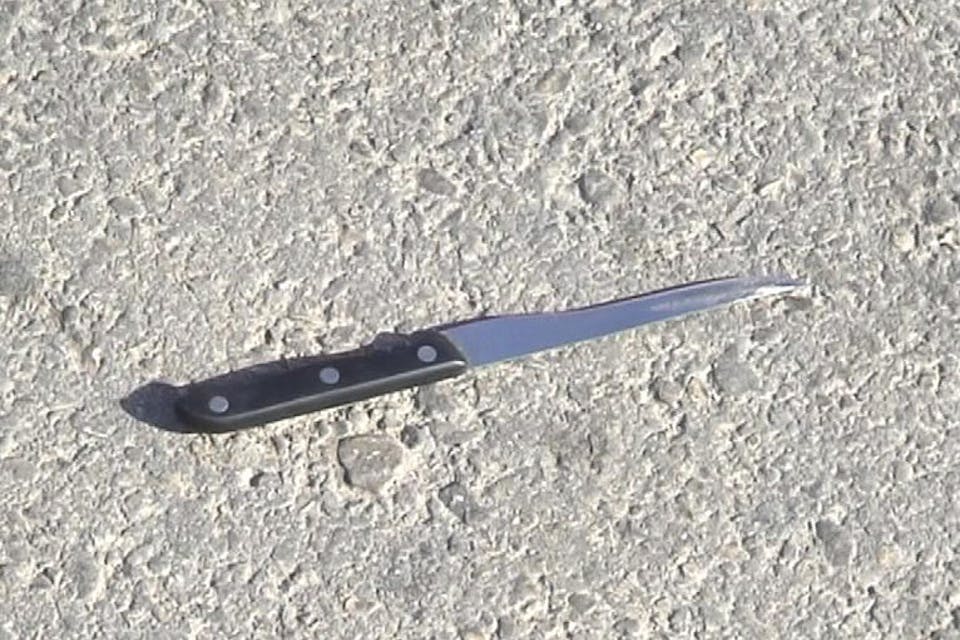
March 31, 2016
What Palestinians Think about the Knife Intifada
Six months after the current wave of violence began, some observers think it might be running out of steam. But what next?
Is the “knife intifada” beginning to run out of steam? Some observers say so. Yet this Friday, April 1, marks an impressive half-year since the launch of the current wave of Palestinian violence. Characterized largely by stabbings carried out by youngsters, generally acting alone or in pairs, this round of attacks has already claimed the lives of 29 Israelis, two Americans, an Eritrean asylum seeker, and a Palestinian bystander, and caused more than 400 injuries.
During this time, according to official Israeli sources, there have been over 200 stabbings or attempted stabbings at an average pace greater than one per day, as well as 40 car-ramming assaults and 80 shootings. Though perpetrated almost exclusively by Palestinians living in Jerusalem and the West Bank, and focused largely on these areas, the attacks have also reached Israel’s coastal cities, most notably Tel Aviv. And though not yet nearly so long-running as the first (1987-1991) or second (2000-2004) intifadas, the current wave, given that it appears to be driven by individual initiative rather than by organized militant groups like Hamas or Fatah, has shown remarkable staying power.
What explains its endurance? One reason may be that the perpetrators both reflect and are largely motivated by Palestinian public opinion—a subject to which I devoted a comprehensive essay in Mosaic last November. Here I want to explore what has changed over the last six months in how Palestinians see their conflict with Israel, and especially the desirability and efficacy of resorting to violence. In doing so, I’ll rely principally on polls conducted during this period by three of the leading Palestinian polling institutes whose published results reliably indicate what Arabs in the West Bank and Gaza think.